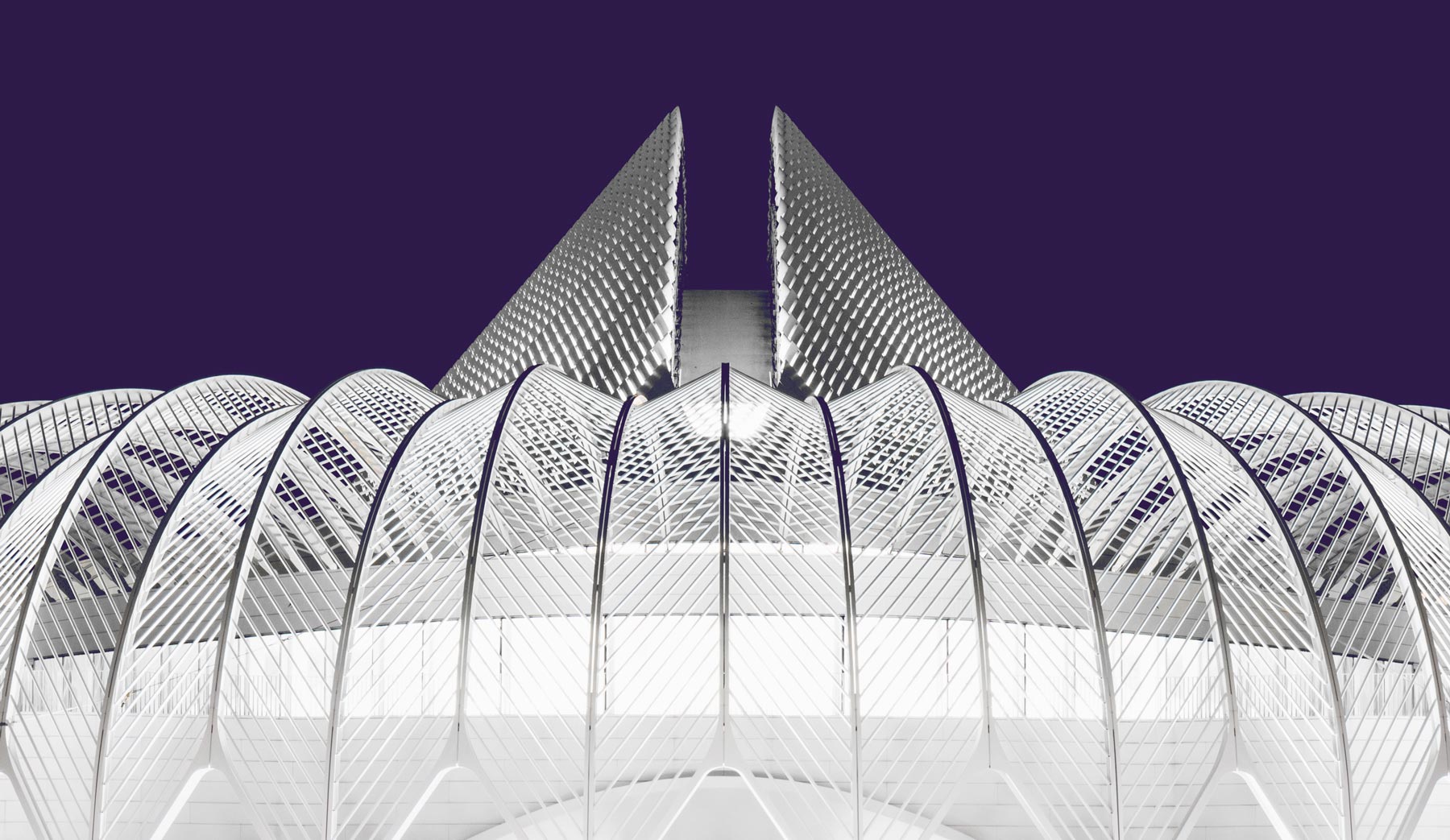The Master of Science in Electrical Engineering offers in-person instruction M-F. Students may get involved in research experience through the Two-Year Thesis pathway, or pursue the One-Year Course-Only pathway which is non-thesis. In both, the curriculum prepares students with the necessary skills for advancing their careers in industries involved in emerging technologies, product development, and program management with specializations in Electrical Engineering.
As a unique feature of the program, it requires graduate business electives, allowing students to gain a competitive edge by providing a unique view through a managerial lens which connects their technical learning with the workplace.
Students interested in the master’s in electrical engineering may choose from two different pathways:
On Campus
Electrical, Computer, & Cybersecurity Engineering
30
Every Fall and Spring Semester
Program Learning Outcomes
Upon completion of the Master of Science in Electrical Engineering degree, students are expected to demonstrate the following:
Students in the thesis program are also expected to demonstrate the following:
MS in Electrical Engineering Graduate
Sinead Fernandes, Class of 2021
Our Master of Science in Electrical Engineering prepares students for careers that are in high demand in the state of Florida, and of high wage. Graduates of this program contribute to specialized industries such as cyber physical security, autonomous and hybrid vehicles and associated supporting technologies, robotics and automation, and many facets of the aerospace industry. Students are also well prepared to enter doctoral programs after graduation, particularly through our Thesis pathway which fosters and supports student research.
Overall employment of electrical and electronics engineers is projected to grow 5 percent from 2022 to 2032, faster than the average for all occupations.
About 17,800 openings for electrical and electronics engineers are projected each year, on average, over the decade. Many of those openings are expected to result from the need to replace workers who transfer to different occupations or exit the labor force, such as to retire.
The median annual wage for electrical engineers was $106,950 in May 2023. The median wage is the wage at which half the workers in an occupation earned more than that amount and half earned less. The lowest 10 percent earned less than $69,320, and the highest 10 percent earned more than $172,050.
*For those who step up to earn their master’s degree, graduates can expect to earn about 10,000 more than their bachelor’s degree counterparts
At Florida Poly, our small campus environment fosters a unique approach to STEM education.
Through a curriculum that progresses from freshman to senior year, emphasizing project-based learning, individualized mentorship with faculty, required internships in high-tech industries, and culminating in a senior capstone design project, students are equipped with comprehensive skills and experiences, uniquely preparing them for success in the rapidly advancing tech landscape.
At Florida Poly, internships aren’t just encouraged—they’re a fundamental part of the educational experience. Mandatory for all students, these internships provide direct engagement with high-tech industry leaders. This immersive experience not only provides practical skills but also fosters crucial connections within the industry, frequently paving the way to future employment opportunities for our graduates.
Florida Poly’s capstone design course is the pinnacle of each students’ academic journey, consolidating their four years of learning into a single project. During their senior year, students in this course collaborate with peers from various fields to tackle real-world challenges supported by industry sponsors. Through this interdisciplinary approach, students not only apply theoretical concepts but also gain practical experience, preparing them for successful careers in their respective fields.
Armed with the knowledge and skills gained at Florida Poly, especially through internships and capstone projects, our alumni smoothly entered thriving careers in high-tech industries. These hands-on experiences offered invaluable insights and practical expertise, enabling our alumni to innovate and excel in dynamic, leading-edge settings, influencing the trajectory of technology.

*Meeting minimum qualifications does not guarantee admission to the program. Additional documentation may be required at the discretion of the Admission Committee.
Students seeking consideration to the two year thesis pathway should meet the same minimum requirements listed above for the one-year, coursework-only pathway in addition to the following:
Faculty to be listed here.

This session will demonstrate that practical risk management is for everyone, regardless of a formal program. Attendees will learn actionable and simple strategies that are easy to implement, enabling them to start immediately by focusing on their top risks to build greater operational resilience and ensure the sustained success of their auxiliary enterprises.
Michelle Powell serves as the pioneering Risk Manager at Florida Polytechnic University, the state’s sole 100% STEM-dedicated institution. Having been with the university for nearly 11 years, Michelle transitioned from a leadership role in Admissions in October 2023 to establish and evolve the risk management function from the ground up. In this solo capacity, Michelle builds robust frameworks for our dynamic, young university, overseeing our insurance portfolio, consulting on third-party and event risks, and developing critical campus-wide training programs. Michelle has obtained the Committee of Sponsoring Organizations (COSO) Enterprise Risk Management certificate and the Associate in Risk Management (ARM) and Construction Risk and Insurance Specialist (CRIS) designations. Her distinct background in mathematics and engineering, combined with extensive higher education leadership, brings an analytical and strategic approach enhancing the institution’s resilience.